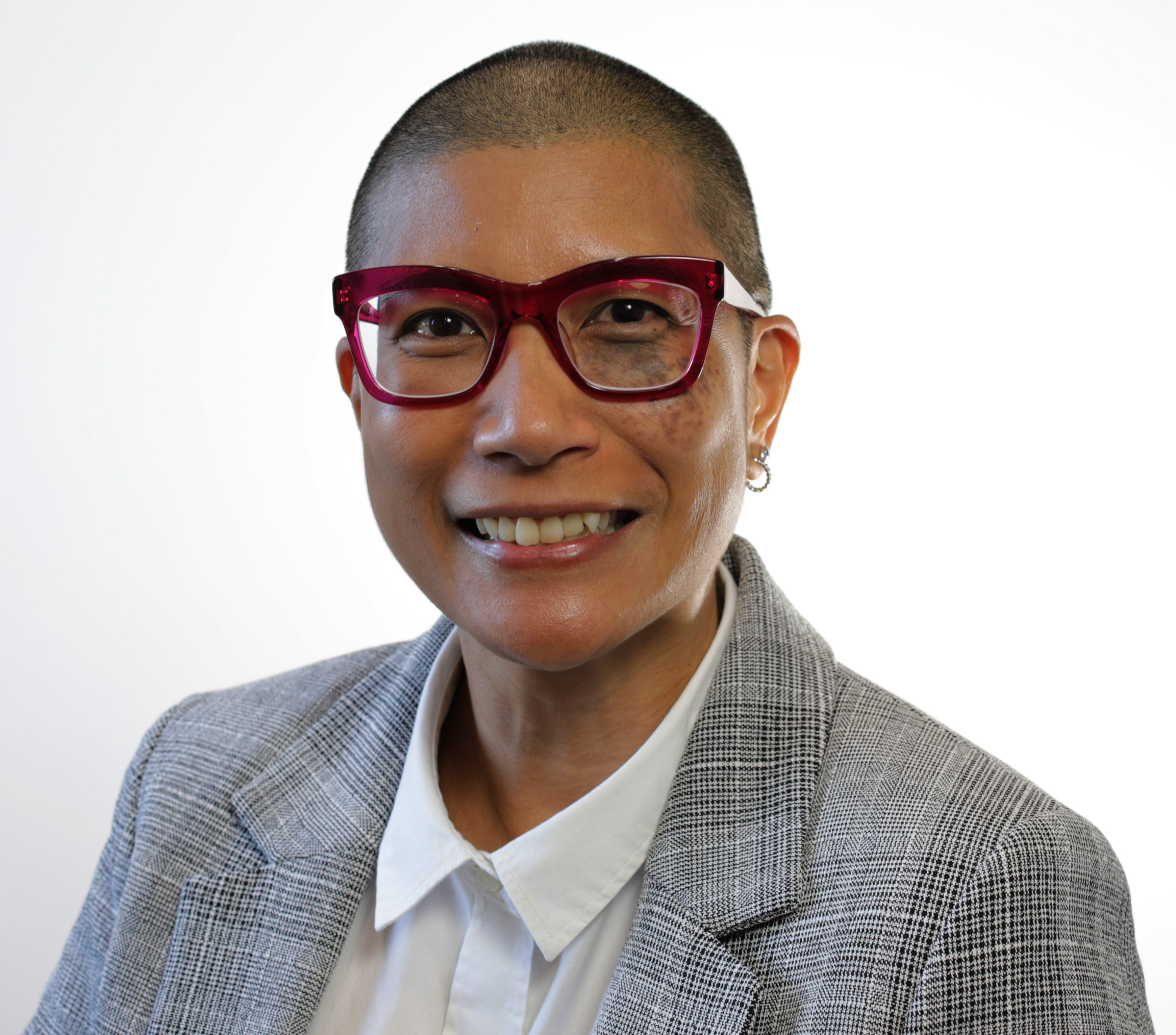Northeast Ohio Regional Library System
Date/Time
1/26/2023
10:00 AM - 11:00 AM Eastern
10:00 AM - 11:00 AM Eastern
Event Registration

Competency
Equity, Diversity, and Inclusion
Event Description
While many of our libraries have issued public statements declaring a commitment to greater diversity, equity, and inclusion (DEI), many of us have struggled with how to move beyond words to enacting sustained, anti-oppressive actions. We will look at one library that used a multi-pronged, stepped approach to embed inclusive excellence as a framework in every department. Inclusive excellence recognizes an institution’s ability to succeed is dependent upon how fully it values, engages, and includes the rich diversity of each of its members. First, the library formalized its diversity committee, developing a charge and requiring representation from each department. Second, the library reconfigured a senior administrator position to include oversight for library-wide DEI initiatives. Finally, the library completed an inclusive diversity strategic planning process that solicited input from stakeholders across campus, with a particular emphasis on library employee engagement, ensuring the plan would connect to other campus DEI initiatives while meeting the needs of all library users. The presenter will discuss how these components are key to ensuring DEI frameworks are deeply embedded in a library’s culture and daily operations. Participants will consider approaches to infrastructure, professional development, outreach, and strategic planning that they can use at their own libraries.
Learning Objectives:
 Ione T. Damasco (they/them) is the Associate Dean for Inclusive Excellence, Engagement, and Operations for the University Libraries at the University of Dayton. In their role, they provide leadership, guidance, and support for anti-racist, diversity, equity, and inclusion initiatives as well as outreach and engagement efforts across the Libraries. They are committed to centering well-being and empathy as core leadership values, highlighting the experiences of marginalized groups in their scholarship, and using dialogue as a form of praxis to create greater understanding of different perspectives.
Ione T. Damasco (they/them) is the Associate Dean for Inclusive Excellence, Engagement, and Operations for the University Libraries at the University of Dayton. In their role, they provide leadership, guidance, and support for anti-racist, diversity, equity, and inclusion initiatives as well as outreach and engagement efforts across the Libraries. They are committed to centering well-being and empathy as core leadership values, highlighting the experiences of marginalized groups in their scholarship, and using dialogue as a form of praxis to create greater understanding of different perspectives.
Learning Objectives:
- Participants will learn about approaches to include in a diversity strategic planning process
- Participants will learn about models for infrastructure that create sustainable foundations for ongoing DEI work
- Participants will develop critical questions to ask at their home institutions to ensure long-term sustainability of diversity initiatives
 Ione T. Damasco (they/them) is the Associate Dean for Inclusive Excellence, Engagement, and Operations for the University Libraries at the University of Dayton. In their role, they provide leadership, guidance, and support for anti-racist, diversity, equity, and inclusion initiatives as well as outreach and engagement efforts across the Libraries. They are committed to centering well-being and empathy as core leadership values, highlighting the experiences of marginalized groups in their scholarship, and using dialogue as a form of praxis to create greater understanding of different perspectives.
Ione T. Damasco (they/them) is the Associate Dean for Inclusive Excellence, Engagement, and Operations for the University Libraries at the University of Dayton. In their role, they provide leadership, guidance, and support for anti-racist, diversity, equity, and inclusion initiatives as well as outreach and engagement efforts across the Libraries. They are committed to centering well-being and empathy as core leadership values, highlighting the experiences of marginalized groups in their scholarship, and using dialogue as a form of praxis to create greater understanding of different perspectives.
Location
Online via Zoom
UNITED STATES
UNITED STATES
Contact Person
Details
Who Should Attend: Anyone interested in Embedding Inclusive Excellence in an Academic Library
Competency: Equity, Diversity, and Inclusion
Non-Member Cost: $40
NEO-RLS Bronze Member Cost: $24
NEO-RLS Silver Member Cost: FREE
NEO-RLS Gold Member Cost: FREE
NEO-RLS Individual Member Cost: $20
This event is supported by the State Library of Ohio with federal funds from the Institute of Museum and Library Services.
It’s never too late to save your library money. NEO-RLS Memberships are pro-rated! Call us today to join.
Competency: Equity, Diversity, and Inclusion
Non-Member Cost: $40
NEO-RLS Bronze Member Cost: $24
NEO-RLS Silver Member Cost: FREE
NEO-RLS Gold Member Cost: FREE
NEO-RLS Individual Member Cost: $20
This event is supported by the State Library of Ohio with federal funds from the Institute of Museum and Library Services.
It’s never too late to save your library money. NEO-RLS Memberships are pro-rated! Call us today to join.
Tell a Friend